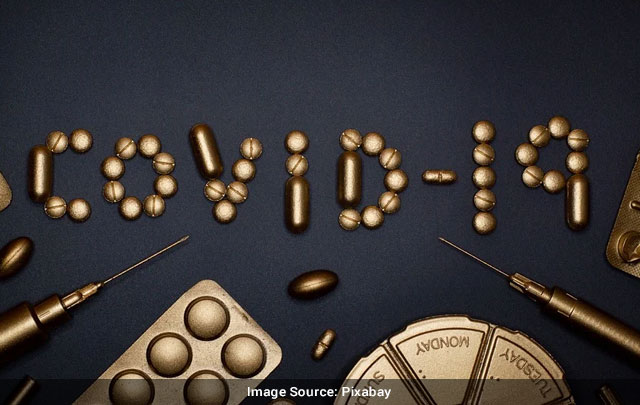From the legendary Elvis Presley who became the global face of polio vaccination to superstar Amitabh Bachchan in India, celebrity endorsements have always helped vaccination rates go up, and now the hunt is on for a global face to support the Covid-19 vaccination in order to allay fears among people who either do not believe or are afraid to go in for the shot.
As the US prepares its nationwide vaccination program, a new survey published in the American Journal of Infection Control has revealed that at least 21.3 percent of adults in the country are not planning to get the Covid-19 vaccine shot.
Former US presidents Barack Obama, George W Bush, and Bill Clinton have already revealed they’ll take the vaccine in public.
Even Anthony Fauci, director of the National Institute for Allergy and Infectious Diseases, has announced to do so.
According to The Verge, global celebrities like Her Majesty Queen Elizabeth II, Oprah Winfrey, Taylor Swift, Kim Kardashian, Rob Lowe should get vaccinated in public to help address the concerns around it.
In India, the Bachchan family can lead from the front and there is no dearth of celebrities from other walks of life in the country to help allay fears around Covid vaccination.
According to the US study, the biggest concerning issue is that “the participants seemed worried about receiving the Covid-19 vaccine under emergency use authorisation”.
“We now also know that two of the vaccines — Pfizer and Moderna — may have some expected side-effects and that may make people hesitate to get the vaccine,” said the study’s lead author Jeanine Guidry from the Virginia Commonwealth University.
The study also found troubling disparities among the demographic groups. For example, younger respondents were more likely than older respondents to express willingness to get the vaccine.
In India, the Union Health Ministry has cautioned about the adverse effects as well, saying that such adverse effects are primarily seen in children and pregnant women after vaccination.
Union Health Secretary Rajesh Bhushan also referred to international cases to make his point, saying that India can’t deny the chances of adverse events when vaccination for Covid-19 begins.
“The nations where immunization has already started, particularly in the UK, adverse events did take place on the very first day,” he said on Tuesday.
Bhushan urged the states and UTs to prepare for such scenarios.
Experts have also stressed that smartphone-based platforms to send reminders or offering a gift card at the time of administering the first dose may help to ensure that people do not miss the second dose of a Covid-19 vaccine.
With the first vaccines reaching the public requiring two doses, there is a worry that some people may not take the second dose amid an aggressive disinformation campaign against vaccination.
“There are several factors and behaviors that prevent many well-intentioned people from completing a two-step process, like that recommended for the Covid-19 vaccines,” said Mark Fendrick from the University of Michigan in the US.
“We need to provide everything necessary to support those who receive the first shot to make sure they complete their second dose”.
